Bob Pockrass
FOX NASCAR Insider
BRISTOL, Tenn. — There was certainly one thing drivers didn’t need during their race Sunday at Bristol Motor Speedway.
“We didn’t need any more horsepower today,” said Bristol winner Denny Hamlin after a tire-management race.
Rarely following a NASCAR Cup Series race on a short track would drivers say those words. Drivers have clamored for more than the 670 horsepower their engines produce for NASCAR races other than on the high-banked drafting tracks, where they have to reduce speeds to keep the cars from going airborne.
As NASCAR looks for better racing, especially on the short tracks and road courses, drivers want more horsepower.
“I still think it’s got to have more than 1,000 horsepower,” said FOX analyst Kevin Harvick on his FOX Sports podcast last week.
Harvick isn’t alone in his view.
“We want more power,” said two-time Cup champion Joey Logano. “It increases tire wear. It makes the track wider. And it’s more badass.”
Joey Logano explains why drivers are in favor of more horsepower at shot tracks
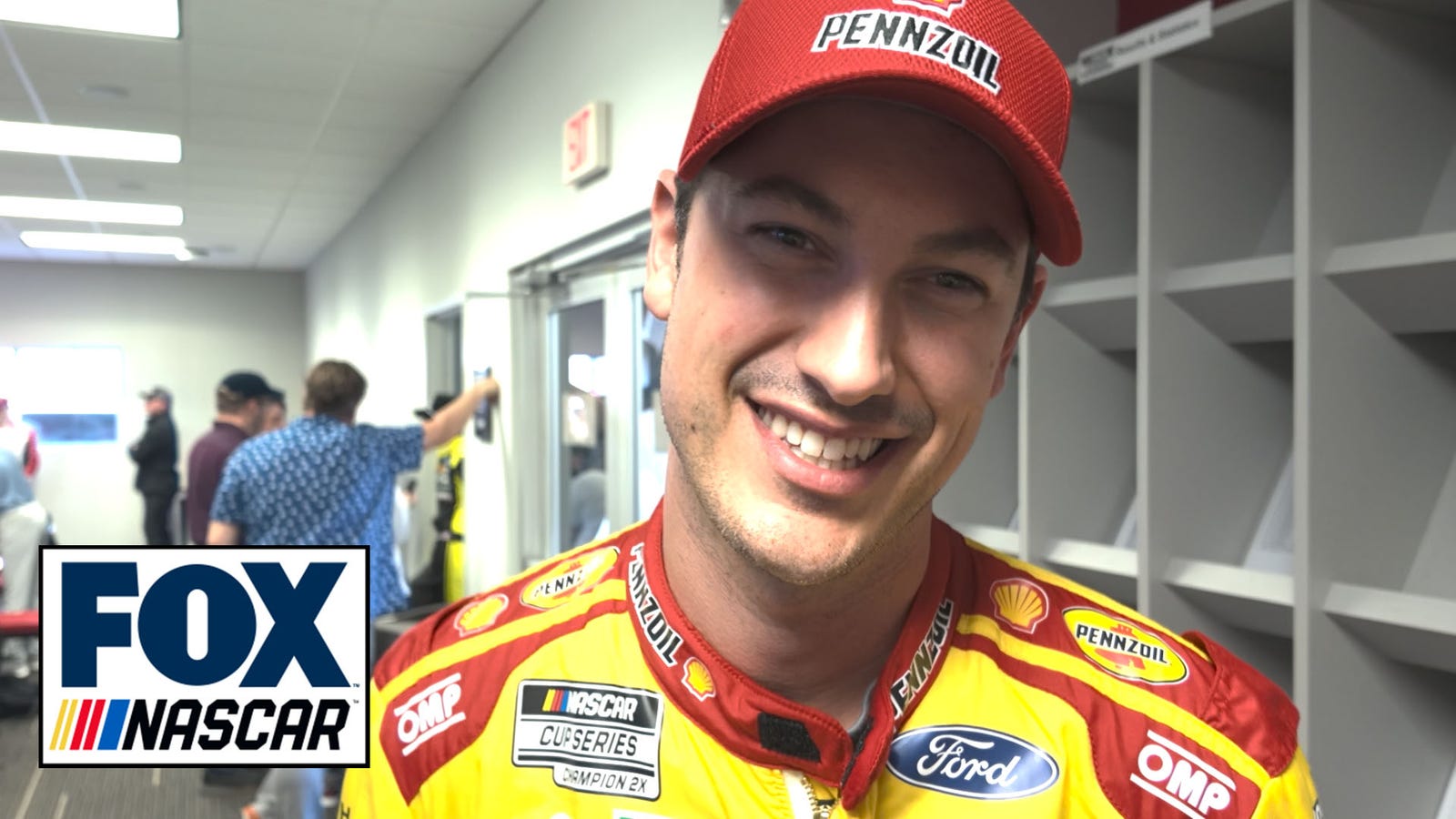
But NASCAR doesn’t want to add horsepower. NASCAR Chief Racing Development Officer John Probst said the sanctioning body isn’t convinced that it would help the racing, while it is convinced that it would add costs.
“If you add the horsepower, you add the cost, then you see if it is better,” Probst said. “There’s no guarantee you get there, and it would be any better. And I think there’s some evidence that shows as we add horsepower, they run further apart.
“There’s some that shows it’s better … and there’s some other shows no, might not be. So that’s a heck of a gamble to take with the entire industry.”
Probst estimated it would cost millions (not necessarily eight figures) to add horsepower because of the existing pieces that engine builders would want to improve to handle the additional horsepower. Probst predicted engine builders would then develop new air boxes because of the increased airflow. With the additional power, throttle linkages and ECU calibrations would have to be redone. More horsepower means more heat, which would mean work to the exhaust system. Considering NASCAR spent the first year working on eliminating excessive heat in the Next Gen car, there would need to be research on what to do with the additional heat. The gearing would change.
Plus, NASCAR wouldn’t be able to run more horsepower at the biggest 2-mile tracks, which likely would mean three engine packages instead of two.
At a time when NASCAR doesn’t allow teams to have engines in backup cars to help keep teams from having as many race-ready engines at the track, Probst views adding horsepower as counter-intuitive.
“We do a lot of stuff to save money that we don’t think affects the show,” Probst said. “This is a case of there’s no data that definitively says it will be better. Granted, there are a lot of people in this garage that I respect, that think it will.
“But it purely is that. There’s no way anybody knows.”
Kyle Busch on changes required if NASCAR ever decides to increase horsepower
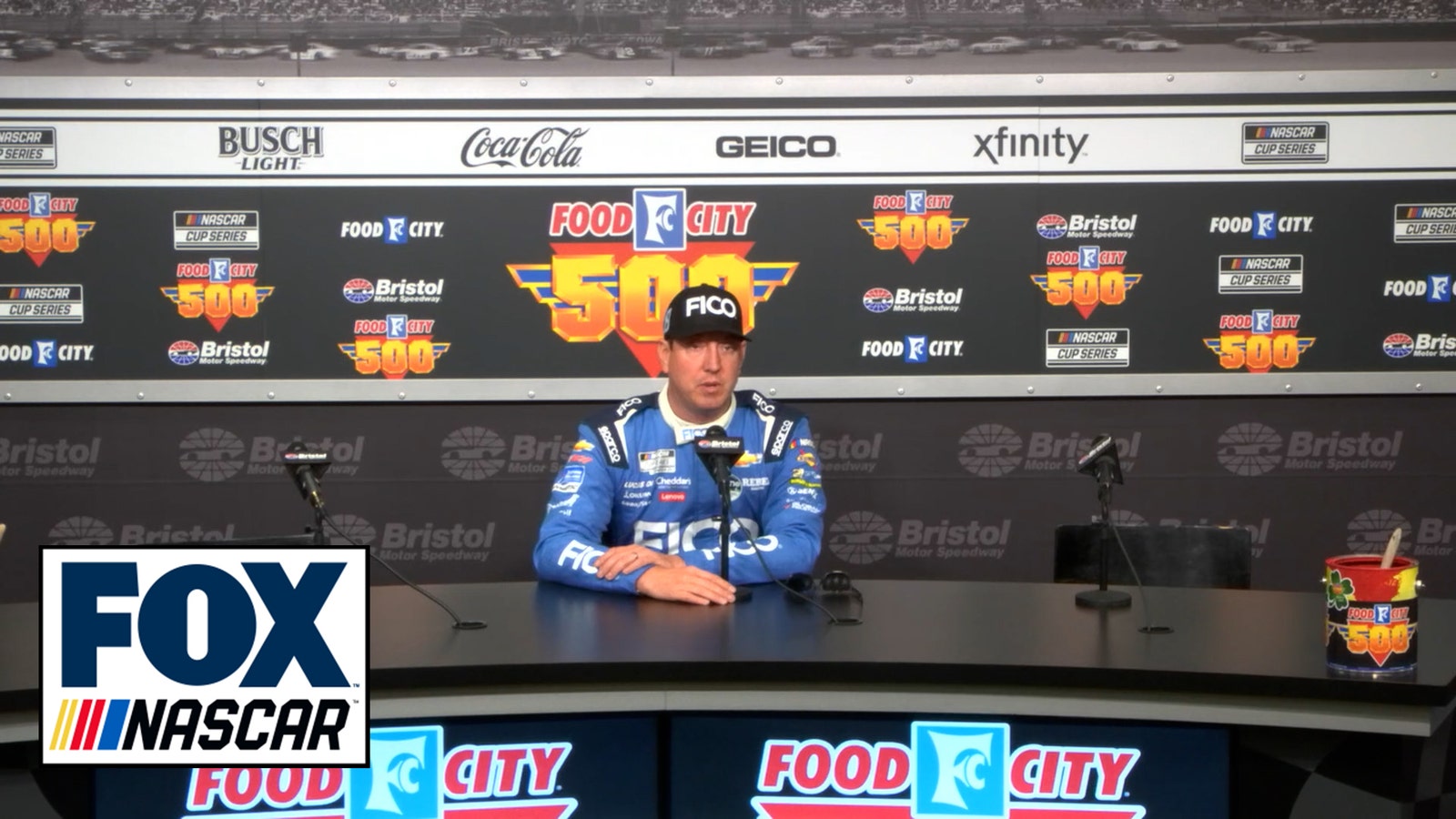
The other issues about adding horsepower in NASCAR’s view are twofold — potential new manufacturers are most likely not going to build a push-rod V-8 engine that generates as much horsepower; and NASCAR is looking at alternative fuels and potential hybrid engine packages to be implemented in the coming years. Those new technologies will increase costs.
Engine builders and teams are almost stuck in the middle of the debate. They want the racing to be great so they don’t want to just say “no, they can’t do it.”
Doug Yates, who heads Roush Yates Engines, said last year that he thinks if they go to 750 horsepower, which NASCAR had prior to the Next Gen car being introduced in 2022, that the cost would be minimal. That’s because the engine used now is the same as the one that produced 750 horsepower — NASCAR uses a thick plate with holes in it to reduce the air flow through the engine to regulate the horsepower.
To get back to 750 horsepower, it would be the same engine, just with bigger holes to allow more air to run through it.
“Very easily in my opinion, we could go back to 750 horsepower pretty quickly,” Yates said during the 2023 season. “That’s not too hard, and it would not really increase the cost very much. Could we add 80 horsepower back? Yes.
“Could we go back to 900? That would be a pretty long runway to get there, and probably add a lot of expenses due to just that the life of the engine will be short.”
Brad Keselowski on comparing the ability of accomplishing more horsepower to being a parent
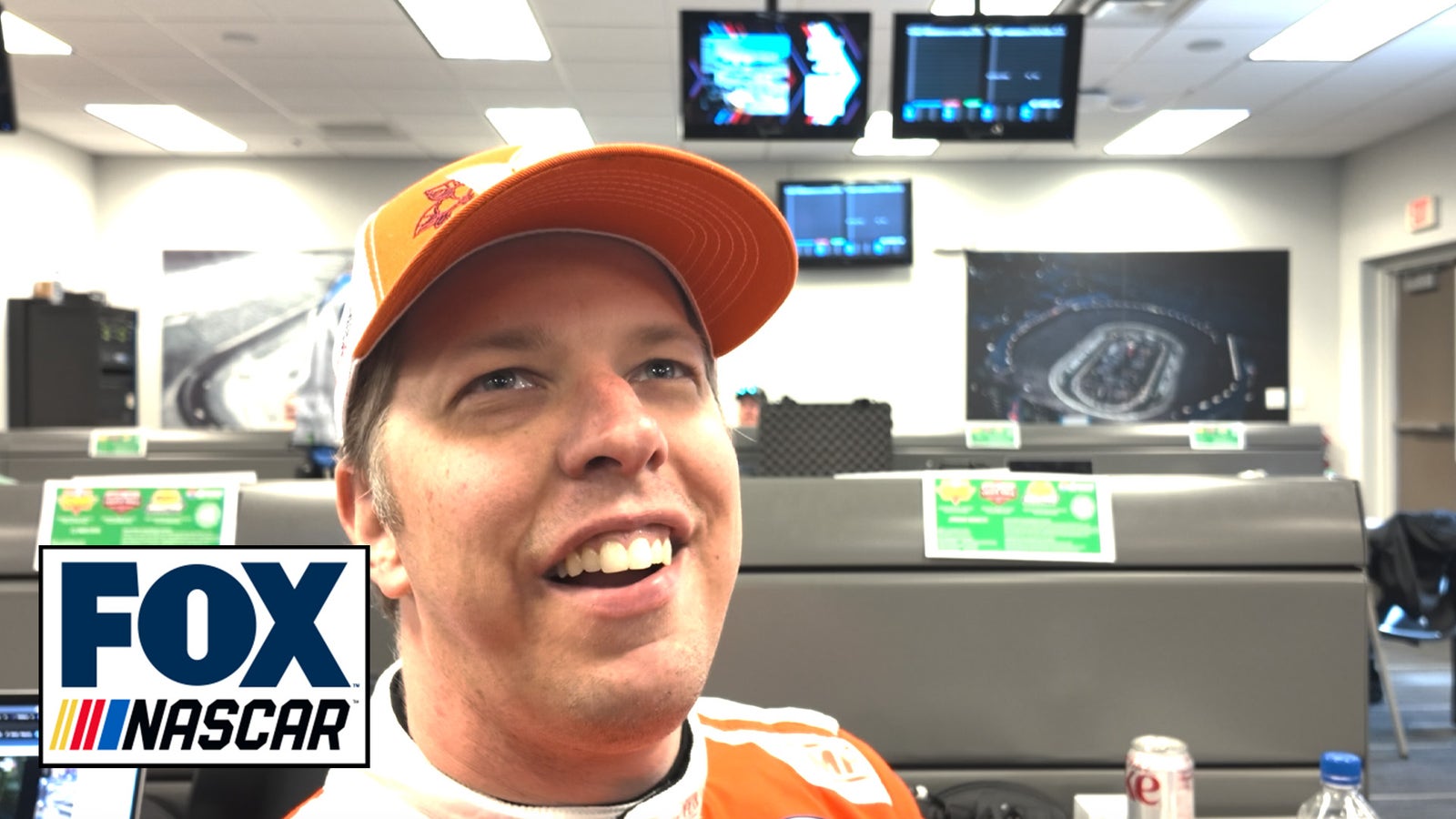
The life of the engine is critical. As a cost-saving measure, NASCAR requires teams to use a previously-used race engine in 18 races during the season with only minimal servicing to the engine between starts. Teams can choose which races will have the second use of an engine and engine builders must submit to NASCAR their plan for those engines at the start of the year. Those rules would have to be adjusted if NASCAR changed its mind to add more horsepower.
“We’re in alignment with NASCAR and we’re in alignment with the fans in that we’d like to see better racing, and the path to that, we’re open to about anything,” said Toyota Racing Development David Wilson (TRD provides engines to Toyota teams). “If the consensus is that we need to put the power back up, then we’re on board. There’s always a given and take and the things that we’re seeing … is historical reliability with our powerplants, and that doesn’t happen by accident.
“It’s a function of the decrease in duty cycle that happens with the reduction of horsepower, RPMs — all of that is contributed to having a bulletproof piece.”
Wilson said it is difficult for NASCAR to find the best route.
“I don’t envy NASCAR in that regard because it’s a tough problem to solve for,” Wilson said.
The drivers hear Yates say they could add a little bit of power and Wilson being open to it and view that as enough of a reason to try.
“Any horsepower I think you can add will make the racing better,” Hamlin said prior to a frustrating Phoenix race last week. “It is hard to pass because we are all in the gas so much. You have to get us out of the gas whether through the tire or the horsepower.
“That combination is what makes passing so difficult. The more you can get us out of the gas — which means if we have more horsepower, we have to let off sooner, that gives us the opportunity to overtake for the cars behind. Fifty horsepower, while it may not be a game-changer, any horsepower gain will be an advantage for passing.”
Kyle Busch said the only components of the car he would potentially have concerns about are the gearing and the transaxle, but he figures they would be fine.
“We need these things to be faster going into the corner; utilizing the brakes more, utilizing the tires more and having the opportunity to overdrive the cars more to burn the tires up to see guys struggle over a run,” Busch said.
Chase Elliott on the horsepower debate and how it would impact racing
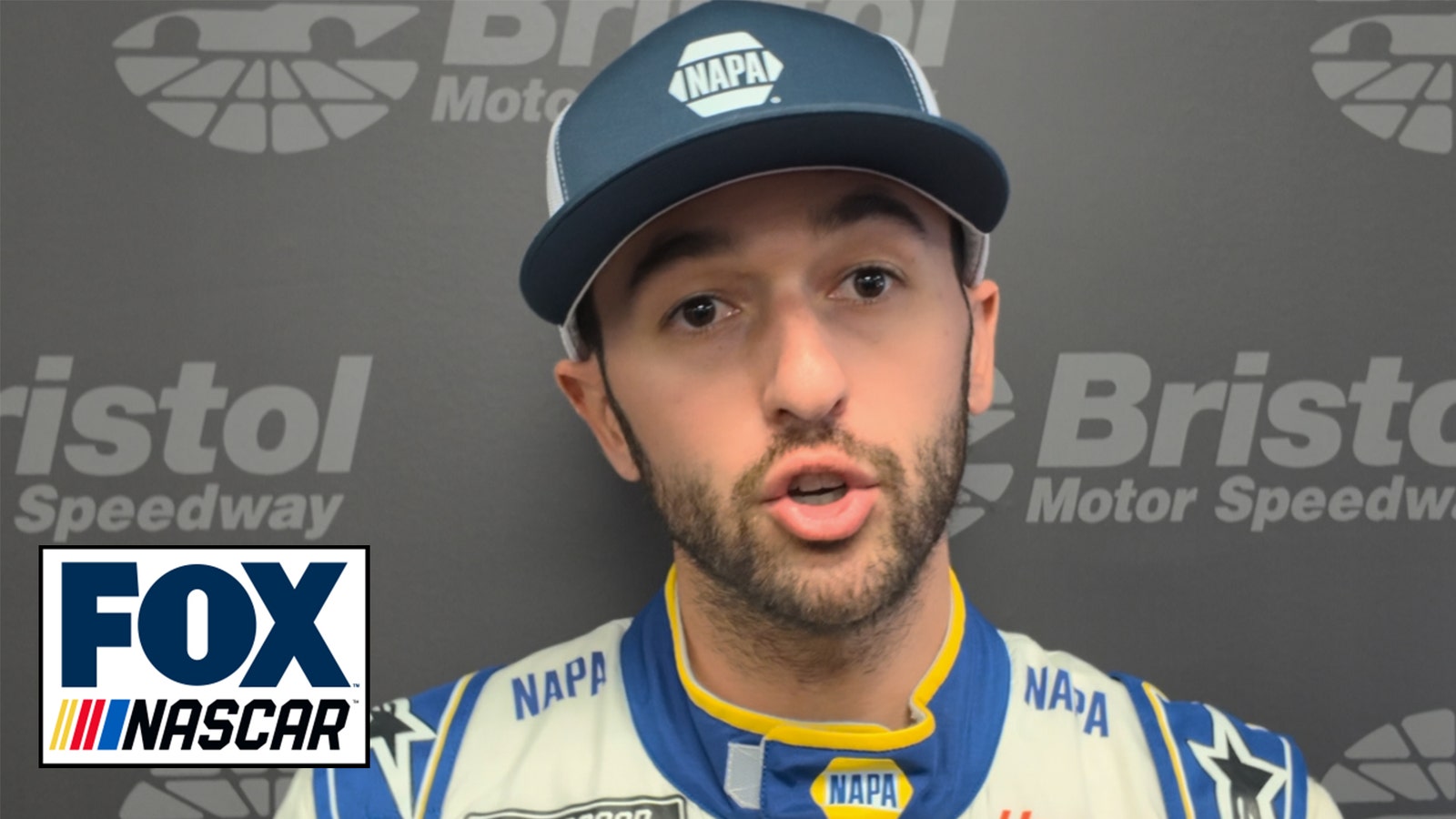
Chase Elliott, whose uncle Ernie was a noted engine builder, does believe more horsepower would help because it would require drivers to lift off the throttle more.
“I do think it would make a really big difference for sure,” Elliott said. “In the grand scheme of what the races might look like, any time you introduce off-throttle time is a good thing. … I do know from what little bit of knowledge I have on engines is the way that we run these engines with a tapered spacer is we are making them about as inefficient as we could possibly make them.”
That doesn’t mean that all the drivers dismiss everything that Probst says.
“There’s definitely no guarantee [it makes racing better],” Keselowski said. “The more things that you have that makes this difficult to do, the more you’re going to see separation.
“The drivers always want to have some level of separation because we have big egos. We think we can do it better than everybody else. And NASCAR is generally on the opposite side of it — less separation because you can have a tighter field and there’s some thought that that’s better.”
Michael McDowell feels more horsepower would increase the separation and then what that does for the racing is still an unknown.
“Going faster will not make racing better,” McDowell said. “It will make it harder for the drivers and make it more fun and that stuff. … There’s not going to be more passes for the lead or more cars on the lead lap.
“It’s not going to make the racing better. It will make it a little more fun.”
Michael McDowell on whether he wants NASCAR to add horsepower
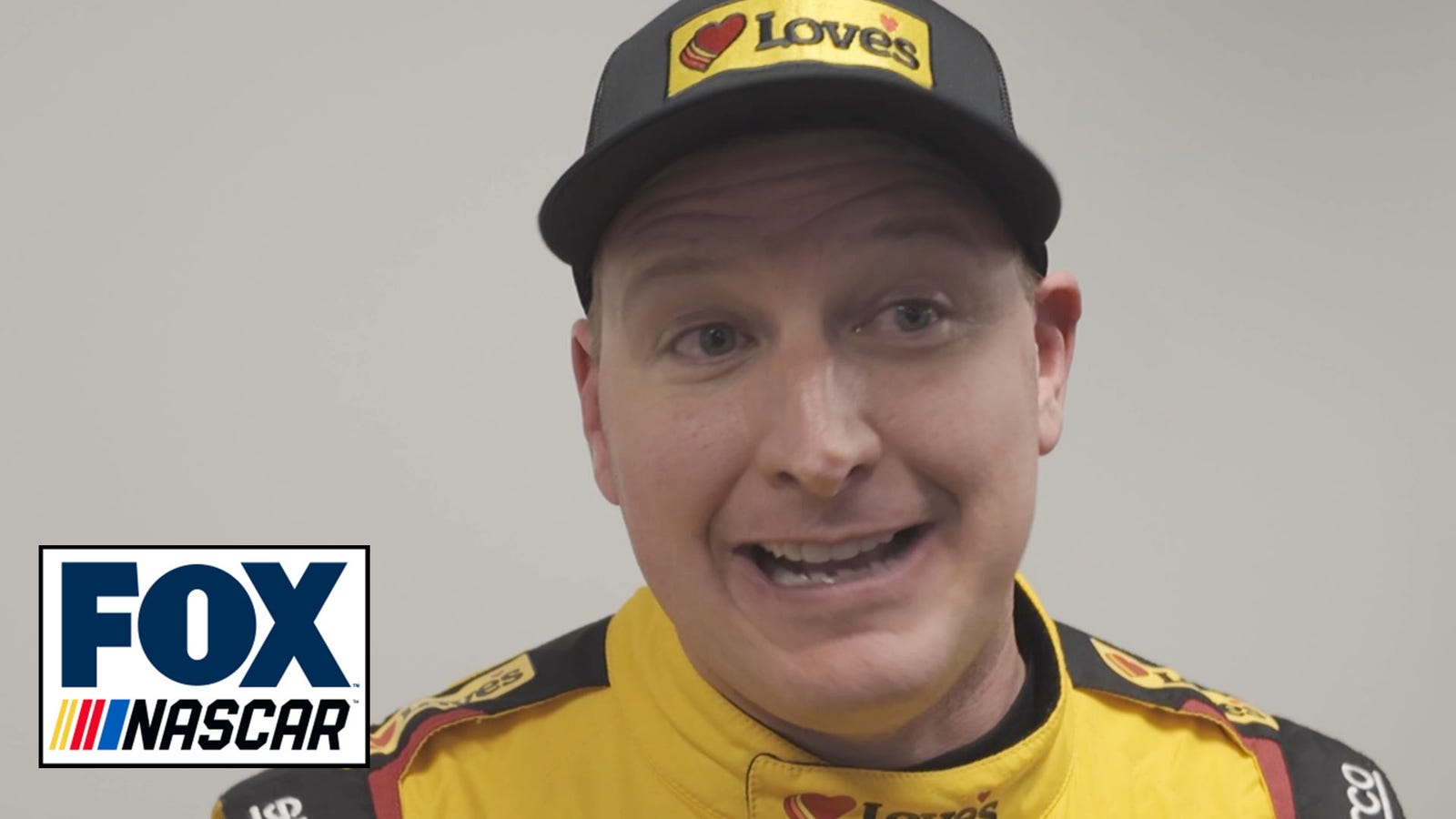
Keselowski compares the horsepower debate to his daughter brushing her teeth.
“This sport can do a lot of things when it wants to do it,” Keselowski said. “Ultimately, it just has to decide if it wants to do it. If you want to do it, it’s simple. If you don’t want to do it, it’s really hard.
“It’s kind of like my daughter brushing her teeth. When she wants to do it, she does it in 30 seconds. When she doesn’t want to do it, it takes all night.”
Bob Pockrass covers NASCAR for FOX Sports. He has spent decades covering motorsports, including over 30 Daytona 500s, with stints at ESPN, Sporting News, NASCAR Scene magazine and The (Daytona Beach) News-Journal. Follow him on Twitter @bobpockrass.

Get more from NASCAR Cup Series Follow your favorites to get information about games, news and more
